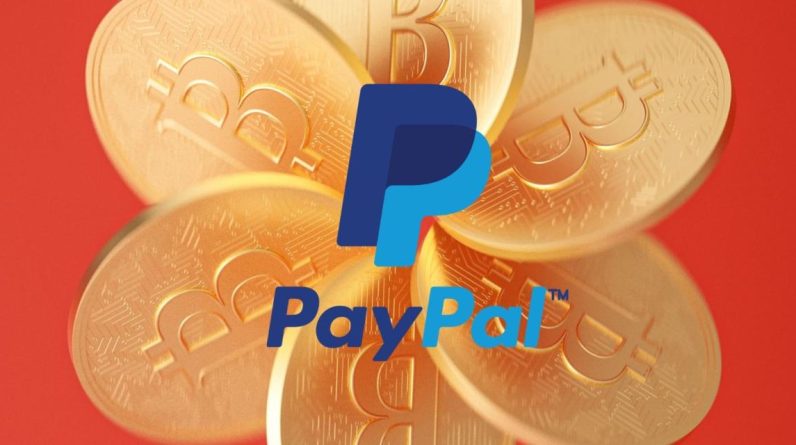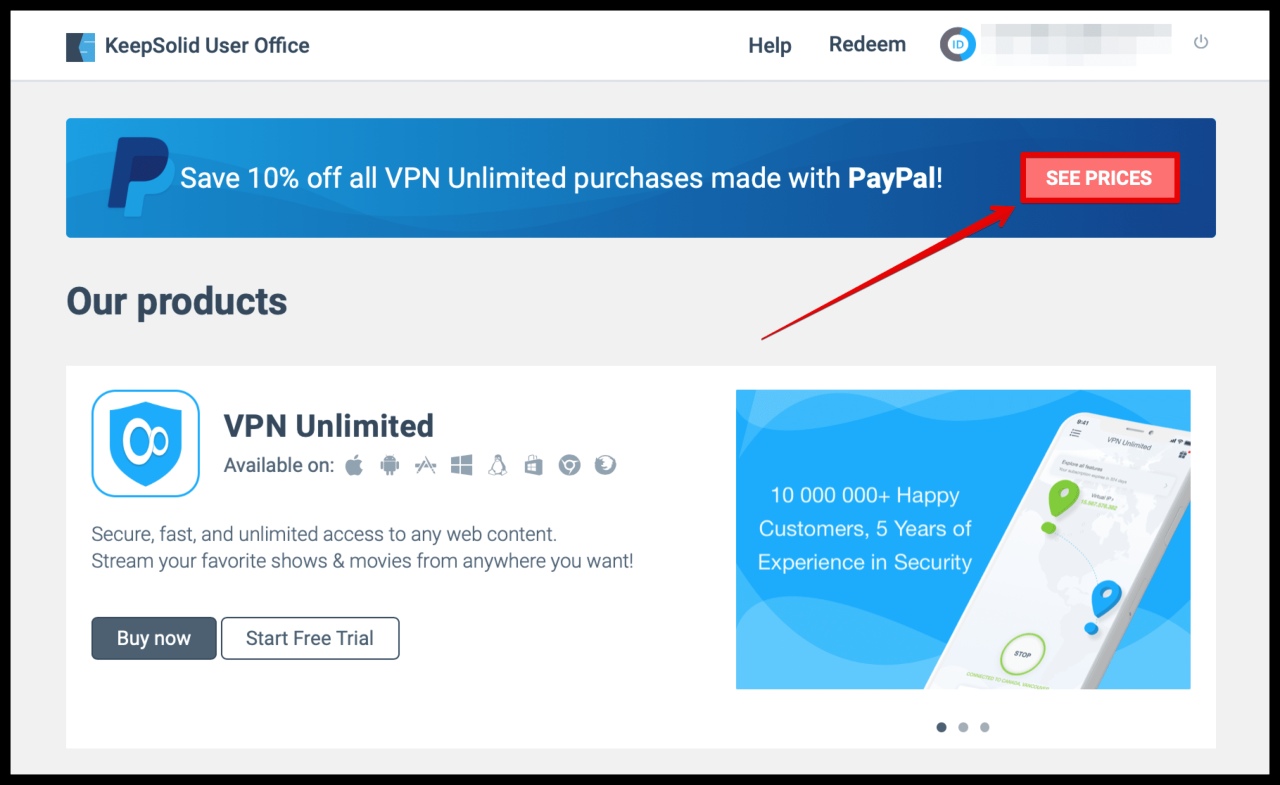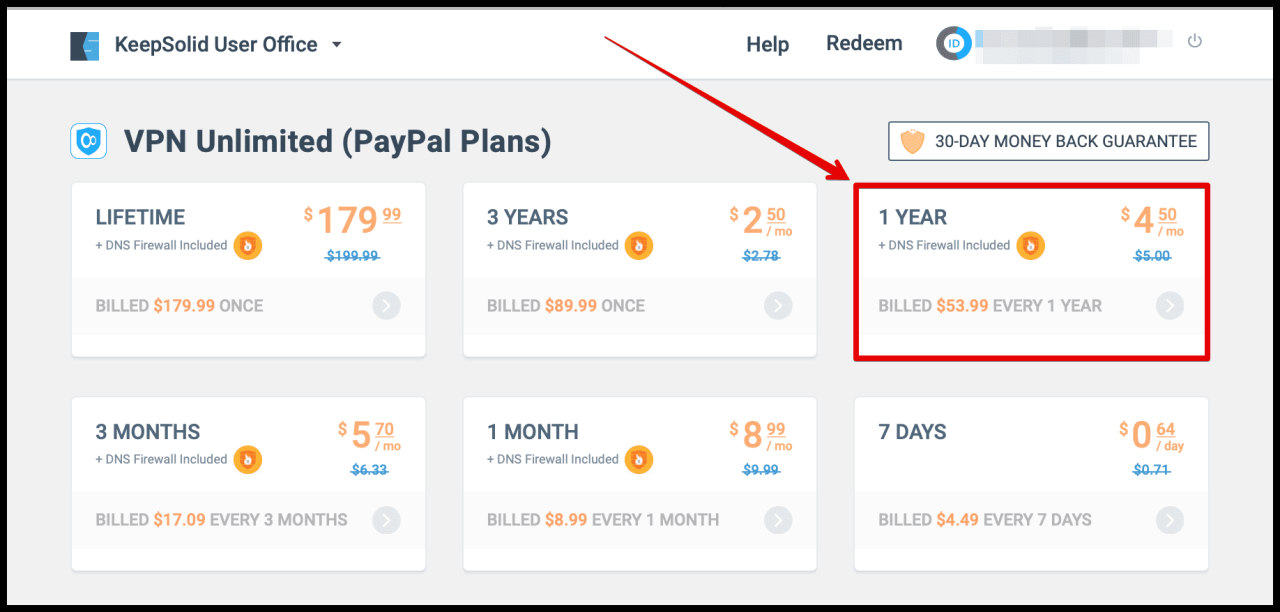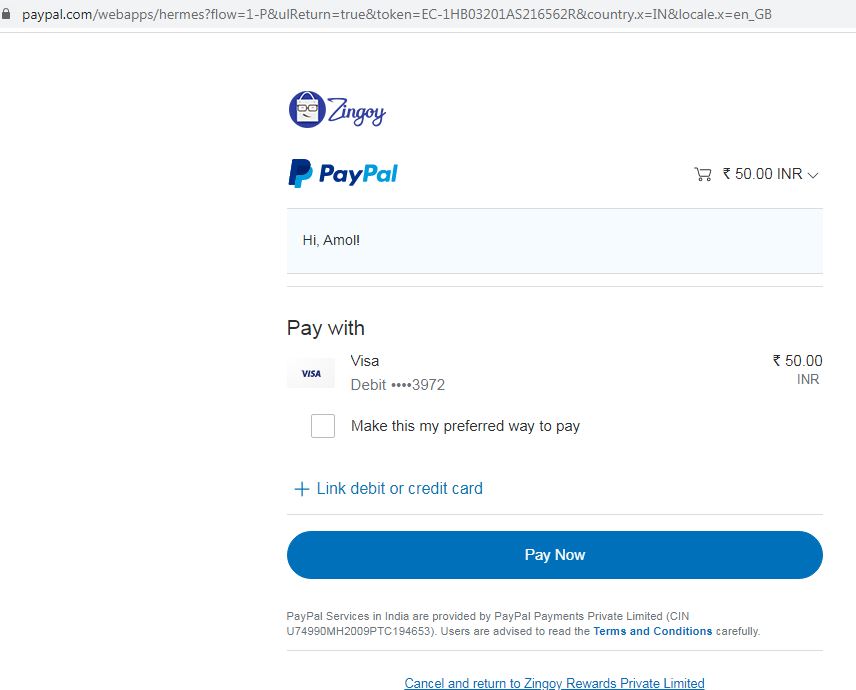
Risks of using a VPN with PayPal
When it comes to online payment services, PayPal has become a trusted giant. However, many users are unaware of the potential risks associated with using a virtual private network (VPN) when accessing their PayPal account. Let’s discuss these risks so you can make an informed decision when using a VPN with PayPal.
First of all, VPNs can arouse PayPal’s suspicions. When you use a VPN, the IP address displayed in your account is different from the IP address you usually use. This sudden change may alert PayPal and block your account due to suspicious activity.
Additionally, some VPN providers may affect the stability of your connection. An unstable connection can disrupt PayPal transactions, causing failed payments or unexpected errors. This is not only frustrating but can also damage your reputation as a trustworthy user.
When it comes to anonymity, VPNs do offer a certain level of privacy. However, it’s important to remember that PayPal can still track your activity even if you use a VPN. PayPal has a sophisticated system for detecting and preventing fraud, which can identify unusual or suspicious transactions, even when you connect via VPN.
Additionally, some VPNs may not be compatible with the PayPal website or mobile app. These incompatibilities may cause technical problems, such as the inability to log into your account or make payments. It’s important to make sure that the VPN you use works well with PayPal before using it.
Last, but not least, some VPN providers do not allow VPN use with PayPal. The reason is to comply with regulations and prevent fraud. If you use a VPN with a provider that prohibits it, you risk having your PayPal account closed or restricted.
While VPNs offer certain benefits, it is important to be aware of the potential risks associated with their use when accessing PayPal. To minimize risks, use a reliable VPN that is compatible with PayPal. If possible, avoid using PayPal when connected to a VPN and only use the VPN for general internet access. By following these precautions, you can protect your PayPal account and enjoy a safe online experience.
How VPNs can affect PayPal transactions
As you venture into cyberspace, a VPN (Virtual Private Network) acts like a safe haven, encrypting your online activity and hiding your location. However, when using a VPN with PayPal, there are some risks you need to be aware of.
First and foremost, PayPal has a strict security system, and using a VPN can trigger fraud alerts. Because a VPN routes your traffic through a remote server, it appears that you are accessing your account from a different location. This may raise suspicions with PayPal, which could result in blocking or suspending your account.
Another risk is the potential for geo-restricted conflicts. PayPal limits transactions based on location, and a VPN can get around this limitation by routing your traffic through another country. While this may seem convenient, if PayPal detects the VPN, your transaction may be canceled or rejected.
Additionally, some VPNs are not reliable or secure. Free VPNs often sell user data or leak personal information to third parties. If you use such a VPN with PayPal, your sensitive financial information is at risk. Therefore, it is important to only use paid and trusted VPN services.
Lastly, it is recommended to disable your VPN when making PayPal transactions. This minimizes the risk of triggering fraud alerts or geo-restricted conflicts. Once you complete the transaction, you can reactivate the VPN to continue safe browsing.
While VPNs offer many benefits, it’s important to be aware of the potential risks when using them with PayPal. By understanding these risks and taking appropriate precautions, you can ensure that your PayPal activity remains safe and trouble-free. If you are in doubt, it is always better to contact PayPal for guidance on how best to use a VPN.
PayPal’s anti-fraud measures against VPN use
Using a VPN to access PayPal can be tempting, but it’s important to know the risks associated with it. PayPal implements several anti-fraud measures that can detect and block VPN use.
One of the main reasons PayPal banned VPNs was to prevent fraud. Fraudsters may use VPNs to hide their location and identity when making unauthorized purchases. By blocking VPNs, PayPal can reduce the risk of fraud and protect legitimate users.
Another risk associated with using a VPN with PayPal is account restrictions. If PayPal detects that you are using a VPN, they can restrict your account. This may prevent you from accessing your funds or carrying out any transactions.
Additionally, using a VPN can slow down your connection speed. This may make it difficult for you to access your PayPal account or make transactions. If you need to use a VPN, make sure to use a reputable provider that has high speeds and reliable connections.
Overall, using a VPN with PayPal is beneficial, but it is important to know the risks associated with it. If you’re not sure whether you should use a VPN or not, we recommend contacting PayPal customer service for advice.
However, if you must use a VPN, make sure to use it wisely. Only use a VPN to access your PayPal account when necessary, and make sure to disable it afterward. By following these tips, you can minimize the risks associated with using a VPN with PayPal and stay safe when transacting online.
Can you buy things using your PayPal behind a VPN?
Using PayPal with a VPN: Is it Safe and Is it Possible?

Technological developments make our lives easier and more comfortable. One example is the ability to make online transactions easily and securely using PayPal. However, some people may wonder whether they can use PayPal safely and effectively while connected to a virtual private network (VPN). This article will explain whether you can buy items using PayPal with a VPN and how it works.
What is PayPal and VPN?
Before we talk about using PayPal with a VPN, let’s explain what PayPal and VPN are.
PayPal is an online financial service that allows users to make online transactions easily and safely. With PayPal, you can make online payments, send money to others, and receive money from others.
VPN, or private virtual network, is a technology that allows you to connect to an internet network securely and privately. A VPN can help you to hide your IP address, protect your data from hackers, and access online content that is blocked in your region.
Using PayPal with a VPN: Is it Safe?
Using PayPal with a VPN can be safe if you take the right steps. Here are some things you need to know:
- Make sure your VPN is secure : Make sure your VPN uses a strong encryption protocol and is not compromised by hackers. If your VPN is not secure, then your data can be intercepted and used by hackers.
- Make sure your PayPal is safe : Make sure your PayPal account is secure by enabling two-factor authentication and using a strong password. If your PayPal account is not secure, then hackers can access your account and make unwanted transactions.
- Don’t use a free VPN : Free VPNs may not be secure and could put your data at risk. Make sure you use a VPN that is paid and has a good reputation.
- Don’t use PayPal with a VPN in countries where it’s prohibited : Some countries prohibit the use of VPN or PayPal. Make sure you understand the laws and regulations in your country before using PayPal with a VPN.

Using PayPal with a VPN: How Does It Work?
Using PayPal with a VPN is quite easy. Here are the steps you need to do:

- Open your PayPal account : Open your PayPal account and log in with your password and username.
- Activate your VPN : Activate your VPN and select the server location you want.
- Search for the item you want : Search for the items you want in the online store and add them to the shopping cart.
- Select PayPal as the payment method : Select PayPal as the payment method and log in to your PayPal account.
- Pay with PayPal : Pay with PayPal and confirm your transaction.

Advantages of Using PayPal with VPN
Using PayPal with a VPN has several advantages, including:
- Improve security : Using PayPal with a VPN can increase the security of your transactions by hiding your IP address and protecting your data from hackers.
- Access blocked content : Using PayPal with a VPN can help you access online content that is blocked in your region.
- Save money : Using PayPal with a VPN can help you save money by avoiding additional fees charged by online stores.
Disadvantages of Using PayPal with a VPN
Using PayPal with a VPN also has several drawbacks, including:
- Slow : Using PayPal with a VPN can make your transactions slower because they have to go through the VPN server.
- Additional cost : Some VPNs may charge additional fees to use their services.
- Limitations : Some online stores may not accept payments with PayPal if you use a VPN.
Conclusion
Using PayPal with a VPN can be safe and effective if you take the right steps. Make sure you use a secure VPN, make sure your PayPal account is secure, and don’t use a free VPN. Don’t forget to understand the laws and regulations in your country before using PayPal with a VPN. Thus, you can make online transactions safely and effectively using PayPal with VPN.
